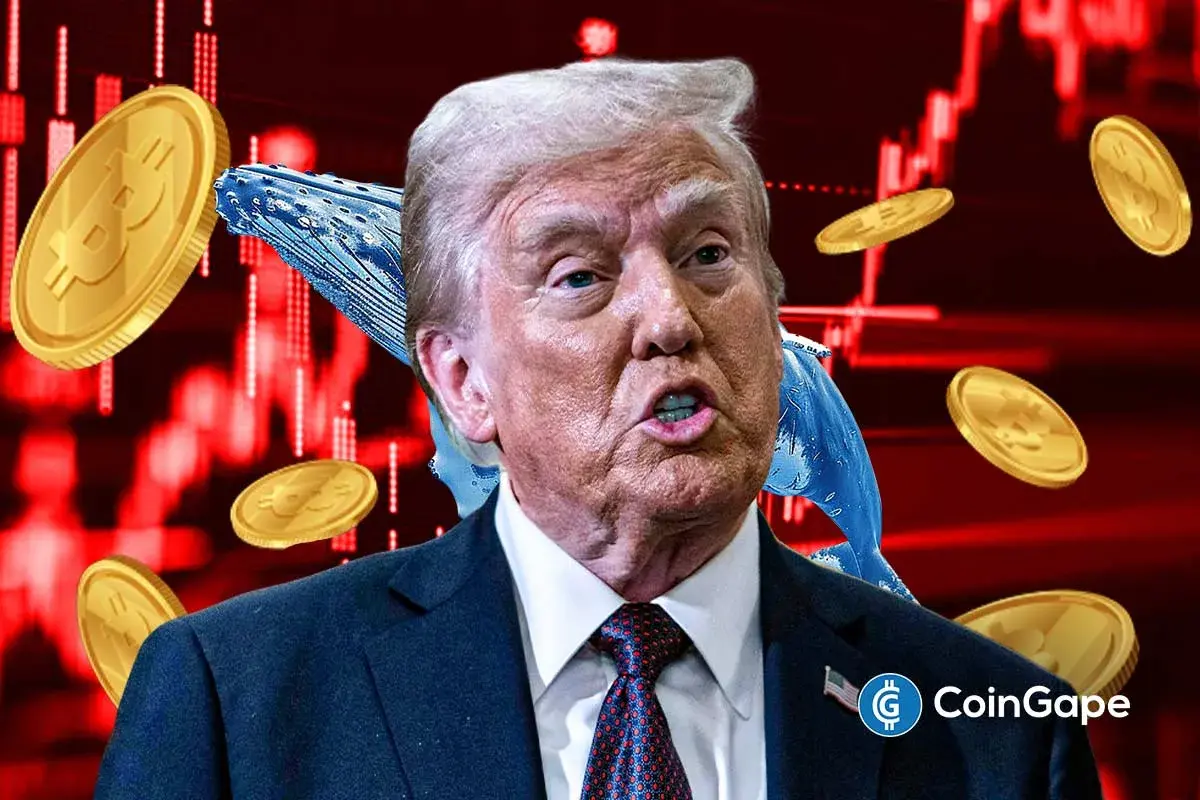China’s Bitcoin Mining Giant Bitmain Sues MicroBT Whatsminer for $15 Million

It’s the battle of the Bitcoin miners out in the open! In a fresh development on Wednesday, April 7, Chinese Bitcoin mining giant Bitmain has filed a $15 million lawsuit against MicroBT Whatsminer with the Beijing Intellectual Property Court. The court has acknowledged the filing and accepted the case.
China’s local news publication IP Economy reports that Bitmain has levied charges of stealing the technology against MicroBT founder Yang Zuoxing. The article notes that Yang was previously an employee of Bitmain and was involved in the research and development of its new-generation chip in 2015.
However, months later, Yang left his job at Bitmain “without going through any resignation procedures and handing over documents”. By July 2016, Yang founded MicoBT, and in less than 5 months from then, the company completed the chip design. The article further notes how Yang was arrested back in 2019 for infringing trade secrets.
“In 2019, Bitmain requested the public security organs to take criminal measures against Yang Zuoxing and other entities on the grounds that Yang Zuoxing and Bit Micro violated trade secrets. It is understood that this time Bitmain initiated a technical secret infringement lawsuit, with the purpose of requesting Yang Zuoxing and Bit Micro to make up for the economic losses caused by their infringement and at the same time requesting them to stop infringing on trade secrets”.
China’s Bitcoin Mining Industry and Carbon Neutrality At Cross-Roads
As we already know, China is home to some of the biggest Bitcoin mining operations in the world. As per the latest study, the annual energy consumption of China’s Bitcoin miners is likely to peak out 297 terawatt-hours. this means carbon emissions at 130 million tonnes in 2024.
The recent study has been published in the peer-reviewed journal Nature Communications by researchers from the University of the Chinese Academy of Sciences, Tsinghua University, Cornell University and the University of Surrey.
“Without appropriate interventions and feasible policies, the intensive bitcoin blockchain operation in China can quickly grow as a threat that could potentially undermine the emission reduction effort taken place in the country,” it warned.
Currently, China has a lion’s share of 75% in the global Bitcoin mining activity. Nearly 40% of the Bitcoin mining in China is done using coal and the rest using renewables. However, the coal plants are massive that they can derail China’s plans to go carbon neutral by 2060.
For Bitcoin miners, price may no longer be the most worrying thing, because there are institutions buying bottoms,environmental issues may be even more worrying. First is the protests of NA environmental leaders, and second is the Chinese government’s crackdown on thermal power pic.twitter.com/EwugVUUTqf
— Wu Blockchain (@WuBlockchain) April 8, 2021
- Saylor’s Strategy Hints at Bigger Bitcoin Buy Amid $5B Unrealized Losses
- Crypto Market Today: Pi, Pepe, DOGE, and XRP Post Double-Digit Gains
- Trump-Backed American Bitcoin Reserves Surpass 6,000 BTC, Now Worth $425.82M
- Expert Predicts Bitcoin Dip to $49K as ‘Trump Insider’ Whale Dumps 5,000 BTC
- Bitcoin Price Rebounds $70K, Here are the Top Reasons Why?
- Crypto Price Prediction For This Week: Dogecoin, Solana and Cardano
- Bitcoin Price Prediction: How Could Brazil’s Strategic Bitcoin Reserve Proposal Impact BTC?
- 3 Top Reasons Pi Network Price Surging Today (14 Feb)
- XRP Price Prediction Ahead of Potential U.S. Government Shutdown Today
- Bitcoin Price Outlook As Gold And Silver Lose $3.6 Trillion in Market Value
- XRP and Ethereum Price Prediction as Trump Seeks to Lower Key Tariffs


















